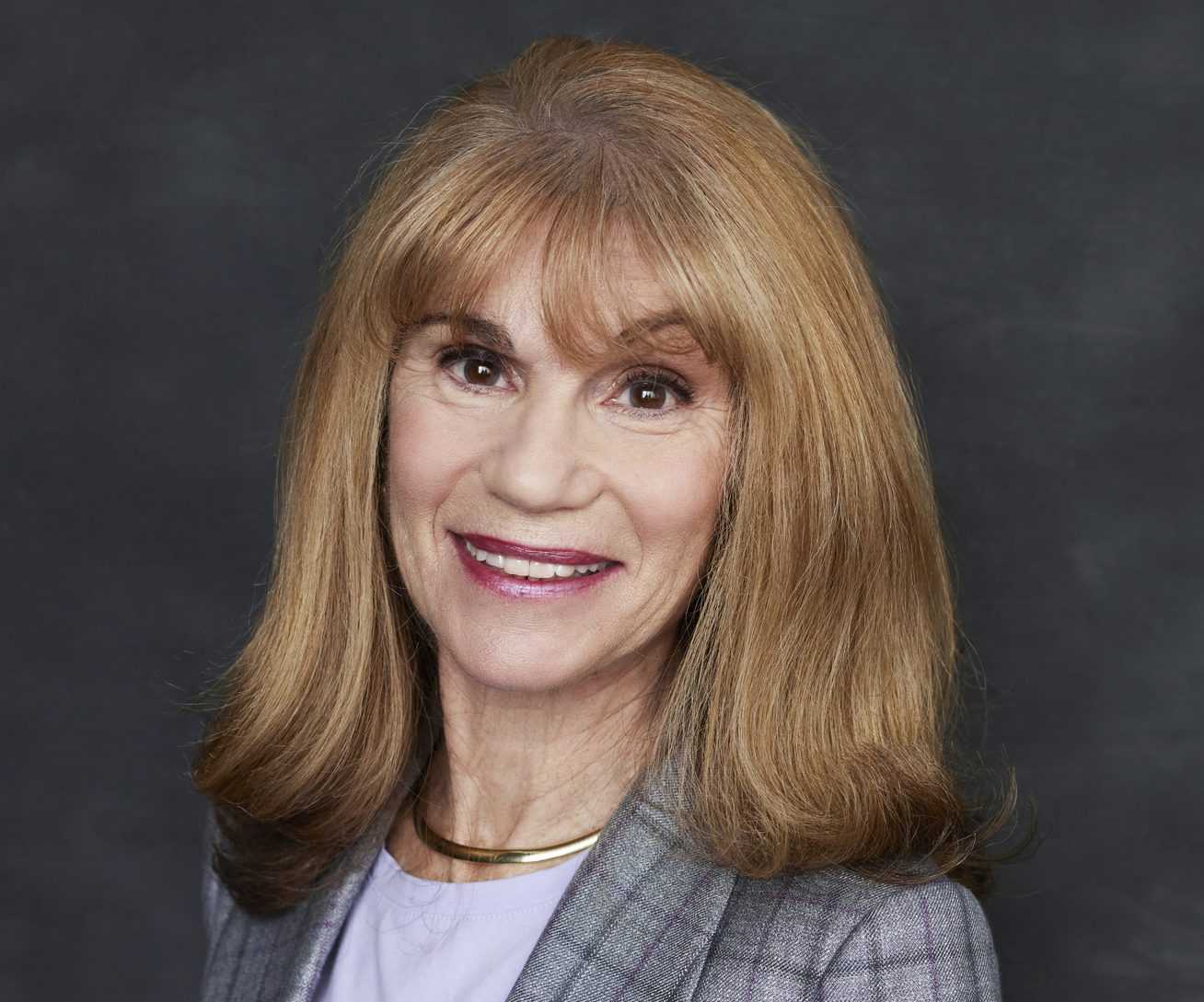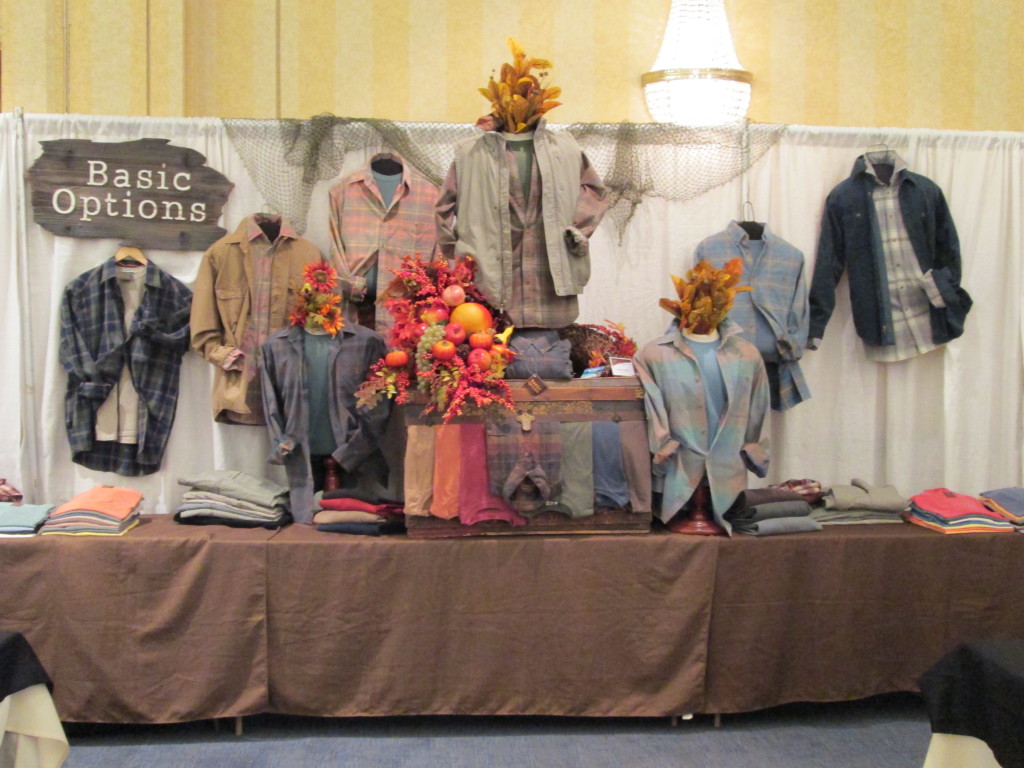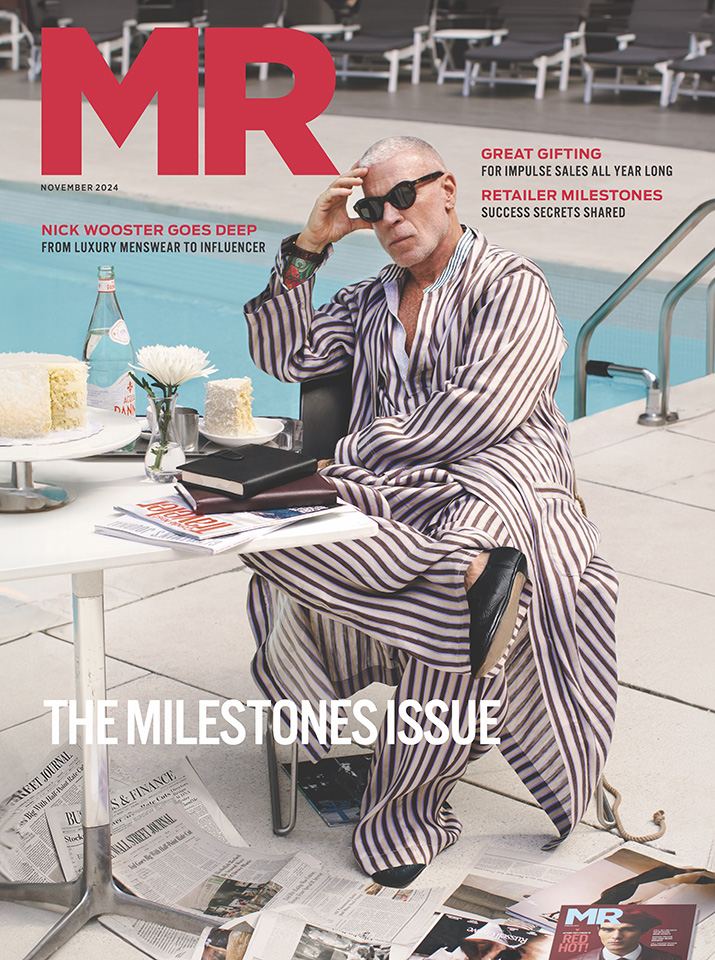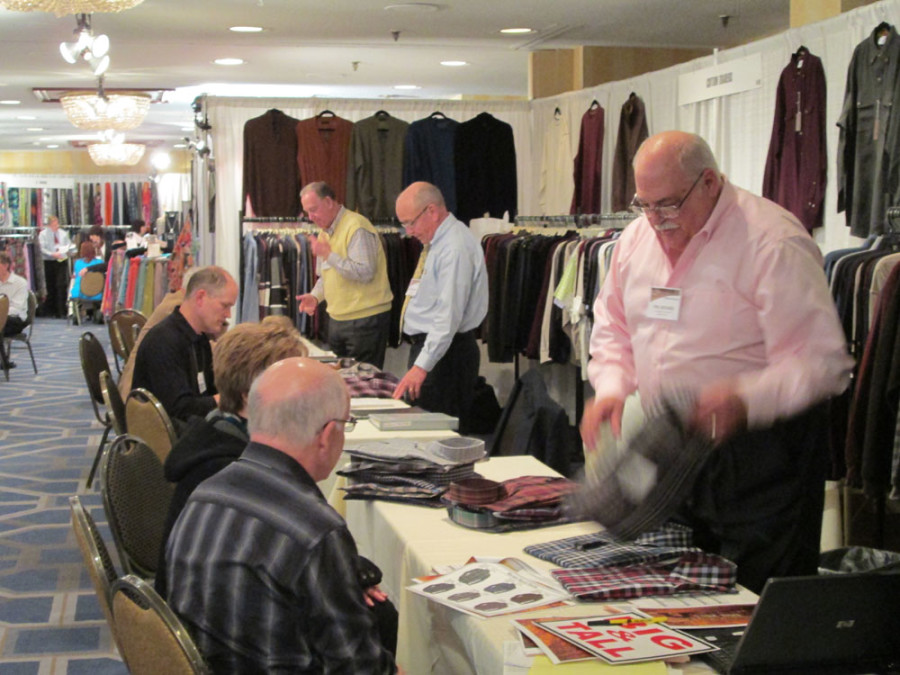N.W. BUYERS IS READY FOR TODAY’S RETAILING CHALLENGES


Brian Schuette, a former retailer and the organization’s executive director for the past 13 years, has turned over the reins to Randy Hellman. He describes the group’s current mission as “bringing quality independent men’s specialty stores together with meaningful resources” and believes this is particularly important in an era when it’s tough for manufacturers and reps to physically service all their specialty store accounts.
“So we conduct two trade shows a year in a hotel ballroom setting which is a hassle-free, friendly, efficient way to do business,” says Hellman. “Buyers and wholesalers can conveniently stay at the market site hotel, where they can work their appointments in the exhibit area as well as take advantage of the group sponsored social events and seminars.”

Unlike other buying groups, N.W. Buyers is a membership organization where each retailer is an equal shareholder with stock in the organization. Manufacturers who want to be affiliated must be approved by a Board of Directors. Vendors are approved by the board, based on creating a balanced mix of product by category and price point.
“Our success comes from attracting quality resources that cater to the brick-and-mortar specialty store business in both regular and Big & Tall sizes,” explains Schuette. “Our stores would rather not compete with national chains, off-price stores or vendors that sell direct to the consumer. They’re looking for differentiated assortments and improved margins.”
Hellman, a former retailer, is well aware of the current challenges facing independents. “These are not easy times; the main challenge is how to compete with so many new ways to shop and so much price-cutting, which diminishes the value of our product. But this is all the more reason that independent stores need us! We host regular seminars and roundtable discussions including various topics on marketing, how stores should position themselves in their community, on how to create an exceptional shopping experience, on how to engage customers online and via social media.”
Asked about the extent to which independents are actually selling online and using social media, Hellman notes: “I’d say 50-70 percent of our stores have a website, about half of those sell on it, and about half of that half do a meaningful online business. A larger percentage use social media; most have a Facebook account and many have hired young, social media-savvy experts to manage it.”

Schuette is especially proud of the added-value, cost-saving programs that the organization has already brought to the group. “Our credit card processing company has been with us for more than 20 years so they have personal relationships with our member stores. Our FedEx freight program is so exceptional that it more than pays for membership: stores get 25-30 percent off the published rate for both inbound and outbound freight. Our customized business insurance programs also offer great savings. Our goal is to initiate programs that save our stores money and keep giving them the sizable and consistent rebate checks to which they’ve grown accustomed.”
On a final note, Schuette notes that the N.W. Buyers’ business model has lasted for through difficult times including major wars and the Great Depression. “We’re a lot stronger than a tenuous economy,” he maintains. “And I truly believe that there’s a strong future for independent stores, especially for those professional merchants who create an elevated shopping experience, who become a walking billboard for their brands, who stay involved in their communities and who surround themselves with quality people. In this era of transparency, when customers can readily learn everything there is to know about product and pricing and where to get it cheaper, retailing must be more than just selling stuff. Those merchants who truly live it 24-7 will come out on top.”


